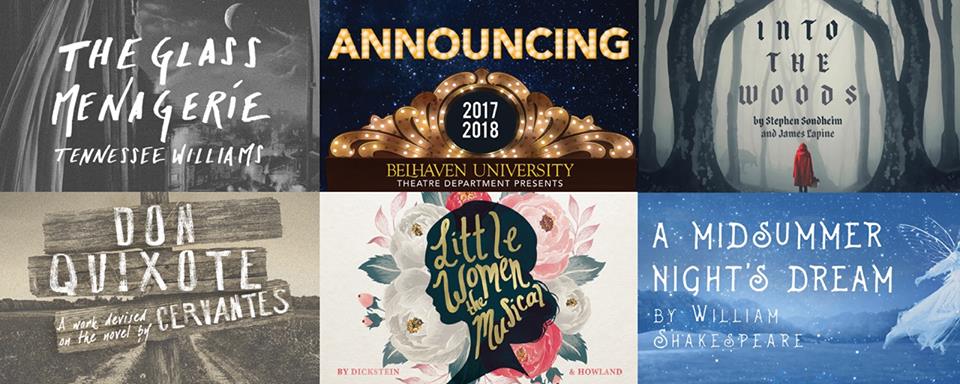This is from an article written by casting director Amy Jo Berman:
Yes, I’m writing about why you DIDN’T get the part. Yes, even though your audition was amazing and you were totally on your game and you lit up the room with creative acting genius, you still might not get the part. I know, I know…you’re probably thinking, but Amy, you are always so positive. Why are you talking about something negative?
First, it’s not negative to understand why you didn’t get a job because it will free your mind of all that monkey-mind chatter that happens when you find out you didn’t get it. Second, and this is the important part so pay attention, it doesn’t matter. By the end of this article, I hope you understand that.
Since this is one of the most frequently asked questions I receive and the one that hangs you up the most and twists you into knots as an actor and a creative being, let’s get into it.
Based on my years and years of experience as a casting director in film and television, these are some of the reasons you didn’t get the part.
1. You’re too tall.
2. You’re too short.
3. You’re too pretty.
4. You’re not pretty enough.
5. You’re too fat.
6. You’re too thin.
7. You’re too blonde.
8. You’re not blonde enough.
9. You’re too old.
10. You’re too young.
11. You’re too serious.
12. You’re too funny.
13. You look too much like the lead.
14. You don’t look enough like the lead.
15. You’re taller than the lead.
16. You’re shorter than the lead.
17. You remind the producer of his sister, and he hates his sister.
18. You are too ethnic.
19. You are not ethnic enough.
20. You were the first one to read that day.
21. You were the last one to read that day.
22. You’re more like the best friend than the lead.
23. You’re more of a lead than the best friend.
24. You’re too character-y.
25. You’re not character-y enough.
26. You look like the director’s wife and he had a fight with his wife right before he left the house this morning.
Okay, this is a small sample of the some of the reasons you didn’t get the part. Have you heard any of these after one of your non-bookings? Can you tell what the one common thread is among this small sampling of reasons?
None of these are within your control. NONE.
Yes, of course there are many other things that are within your control and we will definitely get into those in a future article. But these are the ones that drive you crazy. Right?
What you must understand is that your only job in an audition is to do your best work. Everything else is not up to you. The role you are reading for is one piece of an entire jigsaw puzzle. It must fit with the rest of the puzzle or the puzzle won’t work. The casting director, producer, and director are fitting pieces of the puzzle together all day long. Your only job is to be the best “piece” you can be. Whether your edges fit in the slot for that piece is not up to you.
Just go to your audition. Do your best and let it go. If you’re good, they will remember you. And the next time you hear one of those things, remember these words, let a knowing smile creep over your face, and go enjoy your day!



